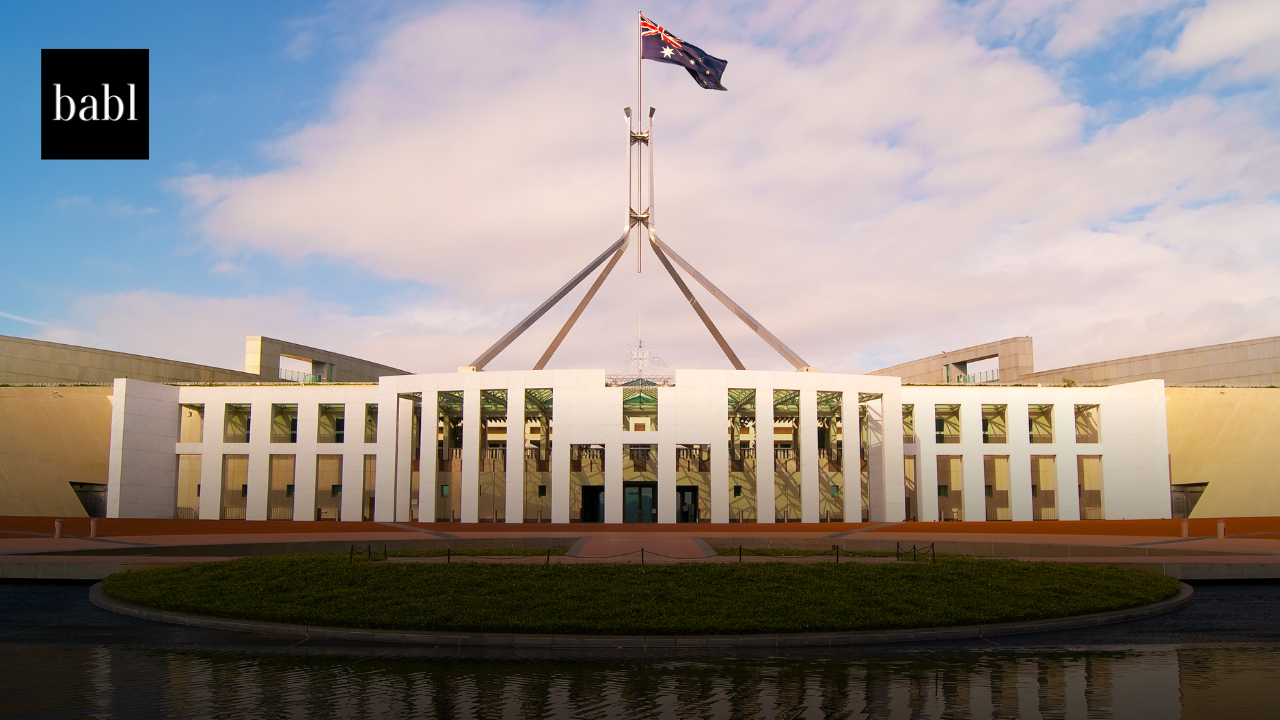China has issued its most comprehensive roadmap yet for governing the rise of intelligent technologies across society. The Secretariat of the Central Cyberspace Affairs Commission and the General Office of the State Administration for Market Regulation jointly released the “Guidelines for Standardization of Intelligent Social Development and Governance (2025 Edition),” according to the China Internet Information Office.
The Guidelines aim to build a national standard system covering how artificial intelligence (AI) and other intelligent technologies are applied, monitored, and evaluated throughout their full lifecycle. The document outlines five key components: foundational standards, development and governance principles, scenario applications, technical methods, and effect evaluations.
The policy supports China’s broader goal to modernize its national governance capabilities and follows earlier calls from the Communist Party’s Central Committee and the State Council to accelerate the construction of a unified national market.
At its core, the 2025 Guidelines emphasize ethical, inclusive, and people-centered AI governance. It sets principles to ensure technologies enhance public welfare, uphold human rights, and promote fairness. Social experiments involving AI will be required to follow defined procedures for risk assessment, participant protections, and ethical reviews.
Application scenarios span micro (individual), meso (organizational), and macro (societal) levels—from smart homes and autonomous vehicles to digital government platforms and intelligent healthcare systems. Evaluation indicators are introduced to measure behavioral impacts, governance efficiency, and public service improvements.
Additionally, the document promotes cross-sector collaboration and international cooperation, calling on local governments, enterprises, and research institutes to adopt and implement the framework.
As China positions itself at the forefront of intelligent technology governance, the 2025 Guidelines serve as a blueprint for managing AI’s societal integration with scientific rigor, ethical oversight, and policy coordination.
Need Help?
If you’re wondering how China’s AI measures, or any other AI regulations and laws worldwide could impact you and your business, don’t hesitate to reach out to BABL AI. Their Audit Experts can address your concerns and questions while offering valuable insights.





